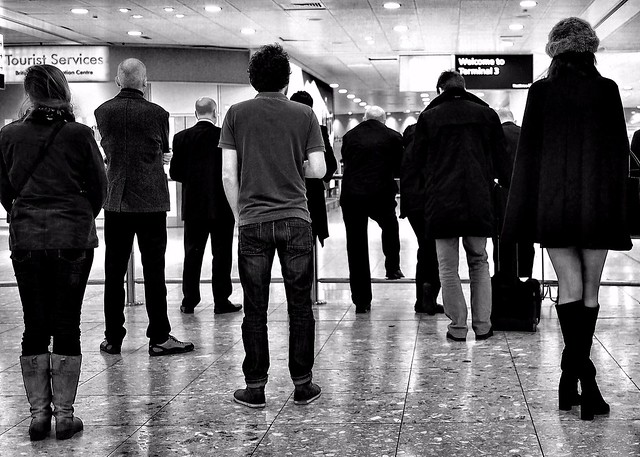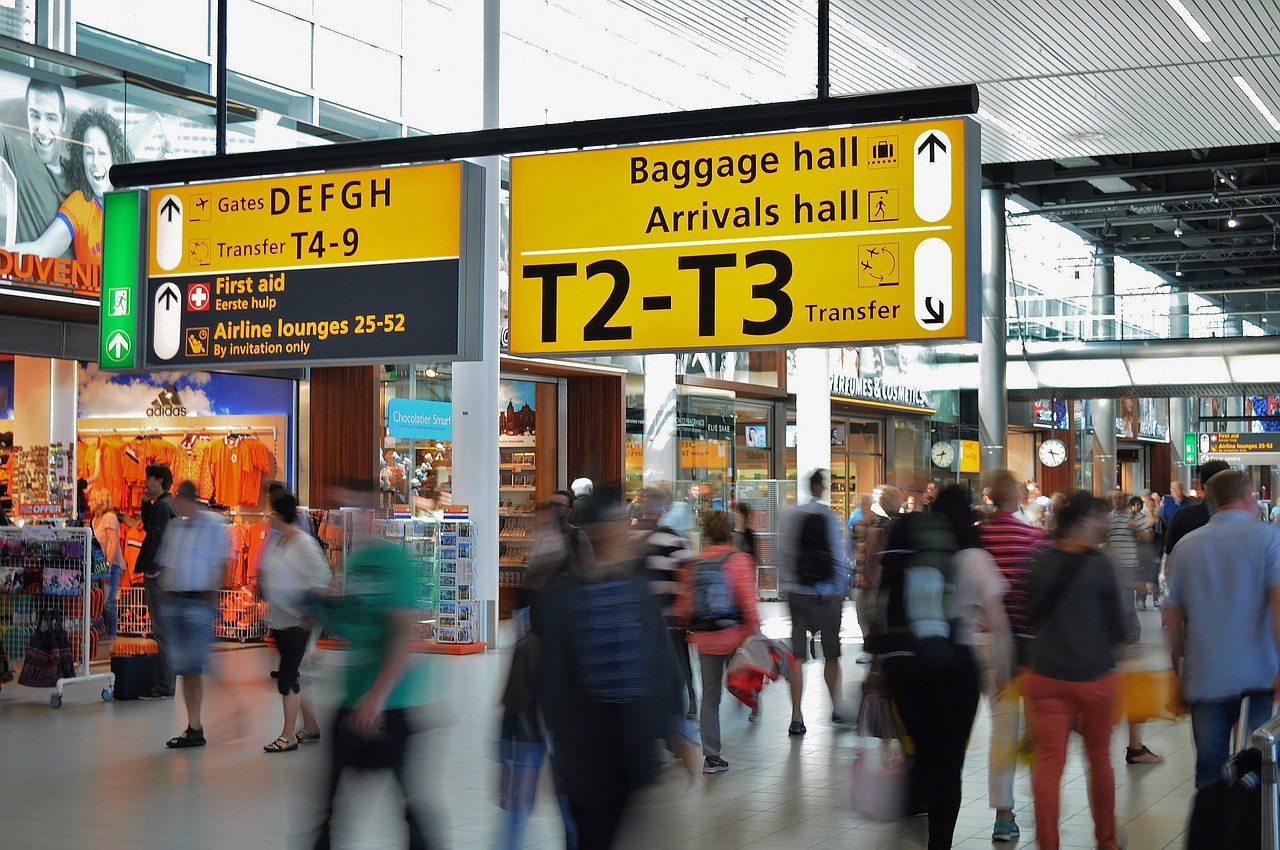A Muslim charity is launching a legal bid to challenge “overt discrimination” by border police after its aid workers were stopped and subjected to “intimidation” at Heathrow Airport.
East London-based charity Human Aid said its delegates were stopped under Schedule 7 of the Terrorism Act 2000 on their way to deliver life-saving aid to the people of Gaza in July this year.
They were allegedly searched, their money seized, and the Charity Commission then launched a statutory inquiry on 2 August.
Human Aid is now mounting a legal challenge against the UK Border Police, arguing that “these actions take place in the context of a larger pattern of harassment of Muslim Charities at UK borders.”
Nur Choudhury, the charity’s chairman, told EachOther that it is “worrying” government agencies are used to “intrude and disrupt” charitable activities “in the absence of any suspicion of crime.”
He added: “This and the repeated Schedule 7 stops amount to harassment of our aid workers. It leads to the question: is it a crime to care for others?
“Humanitarian aid workers should be applauded for taking personal risk in the course of their work to assist those fleeing war or those struggling to survive.”
Human Aid UK provides food and healthcare provisions to a number of areas, including Syria, Yemen and Gaza.
Schedule 7: ‘Overt Discrimination’

Image Credit: Michael Summers / Flickr.
Police, immigration and customs officers are able to carry out the following activities under Schedule 7 of the Terrorism Act 2000:
- Detain a person and question them for up to nine hours;
- Search a person, or any of their belongings, and may retain those belongings for up to seven days;
- It is an offence if the person fails to answer questions, or obstructs the exercise of the functions under the Act;
- The person has no right to a publicly funded lawyer while detained at the port or border;
- If detained at a police station, officers can take the person’s biometric data, including fingerprints and DNA.
Human rights charity Liberty has described this law as “ripe for misuse and discrimination.” It can be used without the need for any grounds of suspecting the person has any involvement in terrorism – or any other criminal activity, the charity added.
Speaking to Metro.co.uk, Human Aid’s operations director Sohidul Islam said that he and his colleagues were held for six hours, asked “humiliating” questions, and fingerprint and DNA samples were taken.
“We remain dedicated to providing food and health provisions to victims in war-torn areas, however we are also determined to challenge the overt discrimination faced by Muslim charities by legal means, and in a manner that we hope delivers greater benefit to all,” the charity said in a statement.
Public sector bodies, including the border police, have a “public sector duty”under the Equality Act 2010 to eliminate discrimination, harassment and other proscribed conduct towards people on the basis of “protected characteristics” – such as their religion, sex or sexual orientation.
Under the Act, harassment can include creating an intimidating, hostile, degrading, humiliating or offensive environment for a person on the basis of a relevant protected characteristic.
What Does The Home Office Say?
A Home Office spokesman said: “The use of Schedule 7 is vital to the police in their work to combat terrorism.
“The decision to examine an individual using Schedule 7 is operational, undertaken independently by police, and arbitrary or discriminatory use of the powers is prohibited.
“Large amounts of cash being taken in or out of the country for which a legitimate origin cannot be found are liable to be seized by Police or Border Force under powers in the Proceeds of Crime Act 2002.”







